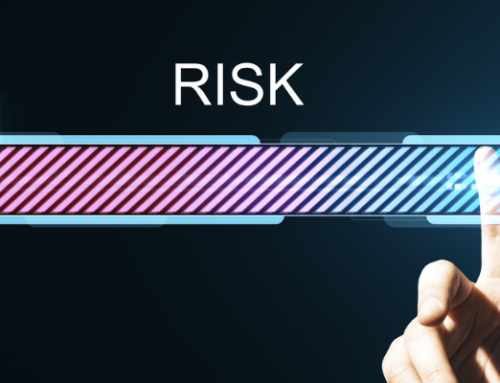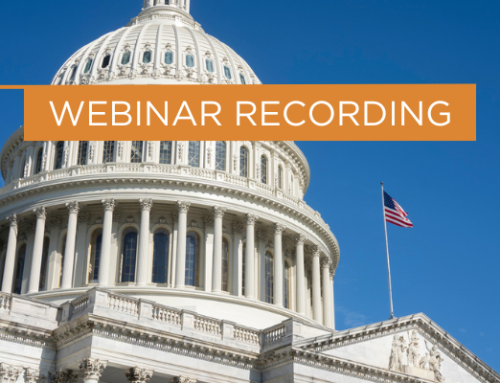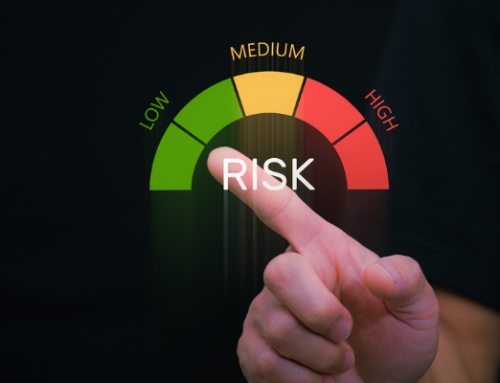Introduction
In the modern business landscape, where data is a valuable asset, the importance of protecting privacy and confidentiality cannot be overstated. Service organizations often handle vast amounts of sensitive information on behalf of their clients, ranging from financial data to personally identifiable information (PII). This data must be safeguarded to maintain trust and comply with regulatory requirements. One of the critical ways to provide assurance to clients and stakeholders is through a Service Organization Controls (SOC) examination. This article delves into the concepts of privacy and confidentiality within the context of SOC examinations, highlighting their significance, the challenges involved, and best practices for ensuring these vital principles are upheld.
Understanding Privacy and Confidentiality in SOC Examinations
Defining Privacy and Confidentiality
Privacy: Privacy refers to the right of individuals and organizations to control the collection, use, and dissemination of their personal or sensitive information. In the context of SOC examinations, privacy involves ensuring that the service organization’s practices align with the agreed-upon privacy policies and relevant regulations, such as GDPR, CCPA, or HIPAA.
Confidentiality: Confidentiality, on the other hand, pertains to the obligation to protect sensitive information from unauthorized access and disclosure. During a SOC examination, confidentiality focuses on ensuring that the controls in place effectively protect the confidentiality of the data the service organization handles.
Relevance of Privacy and Confidentiality in SOC Examinations
SOC examinations, particularly SOC 2 reports, are designed to evaluate a service organization’s controls related to security, availability, processing integrity, confidentiality, and privacy. Privacy and confidentiality are central components of these examinations, as they directly impact how sensitive information is managed and protected.
A SOC examination provides a structured approach to assess whether the service organization’s controls meet the necessary criteria to protect privacy and confidentiality. This assessment is crucial for building trust with clients, demonstrating compliance with regulatory requirements, and maintaining a strong reputation in the marketplace.
Challenges in Upholding Privacy and Confidentiality
Complex Regulatory Environment
One of the significant challenges in ensuring privacy and confidentiality is navigating the complex regulatory environment. Different jurisdictions have varying requirements for data protection, and service organizations often operate across multiple regions. Ensuring compliance with regulations such as the General Data Protection Regulation (GDPR) in the European Union or the California Consumer Privacy Act (CCPA) in the United States requires a thorough understanding of these laws and their implications for data handling practices.
Data Breaches and Cybersecurity Threats
Another challenge is the ever-present risk of data breaches and cybersecurity threats. Cyberattacks can compromise the confidentiality of sensitive information, leading to significant financial losses, legal penalties, and reputational damage. During a SOC examination, it is essential to evaluate the organization’s cybersecurity measures, such as encryption, access controls, and incident response protocols, to ensure that they are robust enough to protect against these threats.
Third-Party Risks
Service organizations often rely on third-party vendors to provide various services, such as cloud storage or data processing. While these vendors play a critical role in the organization’s operations, they also introduce additional risks to privacy and confidentiality. It is crucial to assess how these third-party relationships are managed and whether the necessary controls are in place to mitigate any risks they may pose.
Best Practices for Ensuring Privacy and Confidentiality in SOC Examinations
Implementing Strong Data Governance Policies
To uphold privacy and confidentiality, service organizations must implement strong data governance policies. These policies should outline how data is collected, stored, processed, and shared within the organization. A comprehensive data governance framework helps ensure that privacy and confidentiality are maintained throughout the data lifecycle, reducing the risk of unauthorized access or disclosure.
Conducting Regular Risk Assessments
Regular risk assessments are vital for identifying potential threats to privacy and confidentiality. These assessments should evaluate both internal and external risks, including those posed by third-party vendors. By identifying vulnerabilities and implementing appropriate controls, organizations can proactively address any weaknesses in their data protection practices.
Training and Awareness Programs
Employees play a crucial role in maintaining privacy and confidentiality. Therefore, it is essential to conduct regular training and awareness programs to educate staff on the importance of data protection and their role in safeguarding sensitive information. These programs should cover topics such as recognizing phishing attempts, securing workstations, and following proper data handling procedures.
Leveraging Advanced Security Technologies
In addition to policies and training, organizations should leverage advanced security technologies to protect sensitive information. Technologies such as encryption, multi-factor authentication, and intrusion detection systems can provide additional layers of security, making it more difficult for unauthorized individuals to access confidential data.
Ensuring Third-Party Compliance
Given the risks associated with third-party vendors, it is crucial to ensure that these partners comply with the organization’s privacy and confidentiality standards. This can be achieved through thorough due diligence during vendor selection, regular audits of third-party practices, and including stringent data protection clauses in contracts.
The Role of CPAs in SOC Examinations
Certified Public Accountants (CPAs) play a critical role in SOC examinations, particularly in assessing the effectiveness of controls related to privacy and confidentiality. CPAs bring a deep understanding of attestation standards and ethical obligations, which are essential for conducting thorough and reliable examinations.
During a SOC examination, CPAs evaluate the service organization’s controls to ensure they align with the Trust Services Criteria, which include principles related to confidentiality and privacy. The CPA’s assessment provides an independent and objective evaluation of the organization’s practices, offering assurance to clients and stakeholders that their sensitive information is being handled appropriately.
Conclusion
In an era where data breaches and privacy violations are increasingly common, the importance of protecting privacy and confidentiality in SOC examinations cannot be overstated. These principles are not just regulatory requirements; they are essential for building trust with clients, maintaining a strong reputation, and ensuring the long-term success of the service organization.
By implementing strong data governance policies, conducting regular risk assessments, leveraging advanced security technologies, and ensuring third-party compliance, organizations can effectively protect sensitive information. Additionally, engaging a CPA to conduct a SOC examination provides the assurance that these critical controls are in place and functioning as intended.
Ultimately, safeguarding privacy and confidentiality is not just about avoiding legal penalties—it is about upholding the trust that clients place in the service organization and ensuring that their sensitive information remains secure.





